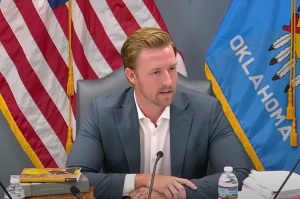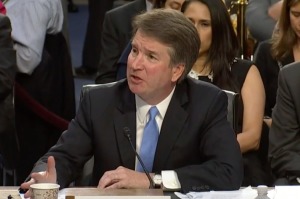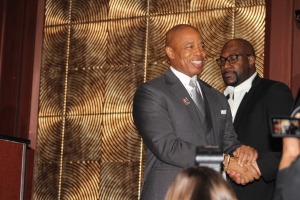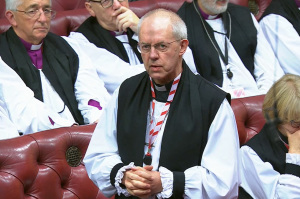Proposed Bible Park Struggles to Raise Support
A proposed Bible Park to open in Murfreesboro, Tenn., is drawing fierce opposition from opponents who claim the park will bring a host of unwanted problems to the community such as traffic congestion, noise, and unwanted commercialism.
For some, opposition to the Bible Park is strong because of the detestable notion of turning a faith into an amusement park. For others, the idea of using tax payers' money to fund a religiously themed park is unconstitutional.
The majority of the residents of the small Tennessee community, however, seem to agree: "No Bible Park."
According to one local legislator, as high as 99 percent of the responses concerning the park, in the form of telephone calls and email messages, were critical and opposed to the plan.
Bible Park opponents, organized into a group called the "No Bible Park USA" committee, gathered late last month to make their opposition vocal and known.
"Now is the time to fight, fuss, complain," County Commissioner Steve Sandlin said, according to the Murfreesboro Post. "To me it's just the wrong location."
"I can't imagine this beautiful area being covered up with fast food restaurants and hotels," resident Kelley McCrary added, according to the local newspaper.
Most recently, Bible Park opponents achieved something of a victory when the developers of the Bible Park were turned down by the local County Development Committee Thursday in their request for a recommended Conditional Use Permit.
The notion of a proposed park in a largely residential area, the use of county-based Tax Incremental Financing, and other possible legal issues involving the separation of church and state were all cited as reasons in the Committee's refusal to issue a permit.
Without a permit, it may prove difficult for Bible Park developers to receive the necessary approval when their proposal reaches review by the local County Planning Commission later this month.
Park proponents, however, argue that the proposed attraction would generate much needed revenue for the community.
A report commissioned by the county's Industrial Development Board (IDB) estimates that the park could create thousands of jobs and "annually generate $3.8 million additional local sales tax dollars and $4.5 million in additional property tax revenue."
Furthermore, Terri Sterling, the spokeswoman for the park developers, argues that the area between I-24 and state Route 840 will be developed – if not in a park, it could be used to build more subdivisions, another commercial development or light industrial.
"If you have any of those uses you will have a lot more traffic [and] not controlled traffic like we will have to the park," she said late last month, according to The Daily News Journal.
"We have taken extreme measures to solve concerns (with traffic, noise and light)," Sterling also noted to the local newspaper.
According to the spokesman, the Bible Park "is a historical park that will represent and visualize well-loved stories from the Bible."
"It is to provide entertainment and education about the Bible," she added.
Despite arguments from both sides, the survival of the Bible Park may ultimately depend on whether or not the local County Commission decides to change the rezoning laws to accommodate an area of planned development.
Currently, the only existing Bible theme park is Holy Land Experience in Orlando, Fla., which draws about 200,000 visitors a year.





























